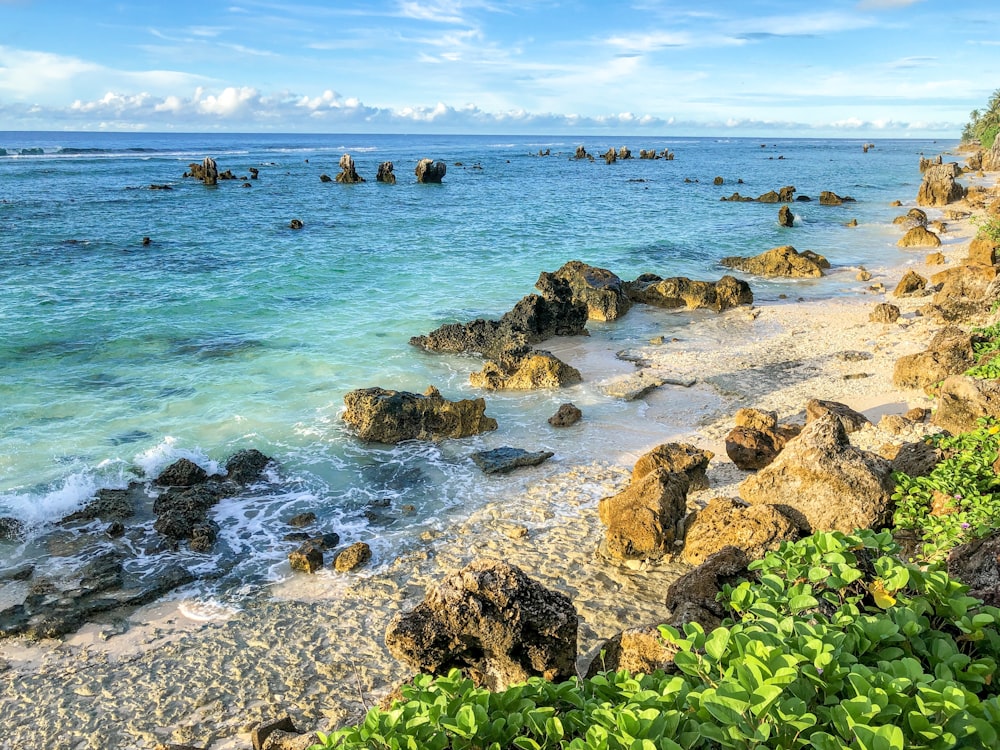
While living here, you can be sure of an exclusive experience. Fishing, relaxation, diving, and scuba diving are some of the reasons why tourists visit despite the size and complexity of the visa application process. Obtaining a visa depends on your nationality and purpose of entry. While nationals from certain countries do not need to apply for a visa before entry, some have to apply online from their country of residence and others have to follow the normal procedures. So depending on your eligibility, you may not need to apply for a visa before traveling. However, if you do, this is a guide on four things to know on how you can go about relocating here.
Visa Types in Nauru
The common types of visas foreigners apply for usually depend on the purpose of stay and duration. Once you know which of the three groups you fall into, the next step is choosing the right visa.
Tourist Visa
This is issued to foreigners on visits no longer than 30 days. The Nauru tourist visa is idyllic if all you are planning to do in the country is sightsee and explore the cities. However, if you are also interested in visiting your family members or friends who are residents, you may also apply for it.
To apply, send an application via email to the director of the immigration office. You will then receive a copy of your visa after processing from the department of justice and border control via the same email. It costs around 50 AUD, the same as a business visa.
Business Visa
A business visa is similar to a tourist visa in terms of duration of stay. However, the difference is in the purpose of stay. Only people traveling here for business reasons such as seminars, exhibitions, trade fairs, meetings, conferences, etc., can apply for it. Valid for 30 days, with this visa, you may stay until it expires. You can apply for it by visiting iVisa.com.
Visa on arrival
This applies to citizens from the following nations; the Cook Islands, Palau, Taiwan, Fiji, Papua New Guinea, Tonga, Israel, Russia, Tuvalu, Marshall Islands, Samoa, United Arab Emirates, Micronesia, Solomon Islands, and Vanuatu. They will receive a free visa upon entry here.
Permanent Residency
It is the wish of every ex-pat residing in a foreign country to become a permanent resident. When you have obtained a certificate of residence known as a permit, you may live and work here for a long time like a citizen. To apply for this, a foreigner has to live here for longer than two years and be a holder of either a work permit or a temporary resident permit. This doesn’t make you a native citizen, it only grants you the right to live and work as one.
How to Apply
There are two ways to live permanently here: obtain a permit or become a citizen. To become a citizen, you must fall into any of the following categories:
- Citizenship by descent: you are a child born to a Nauruan citizen on or after January 31, 1968, or a child born to a Nauruan citizen and a Pacific Islander and neither parent has declared you are not a Nauruan citizen.
- Citizenship by Marriage: you are a foreign woman who marries a Nauruan citizen.
- Citizenship by Naturalisation: you do not fall into any of the above categories but have lived here for a long time. According to provisions, you must satisfy certain requirements to obtain this citizenship.
Dual citizenship is not recognized here except in the case where a Nauruan woman receives second citizenship upon her marriage to a foreign national.
Requirements
To become a citizen and live here, other than the documents required, you must satisfy the following criteria:
- Have lived here for at least five years
- Can speak the native language fluently
- Have a clean criminal record
- Possess a resident permit
- Be stateless

